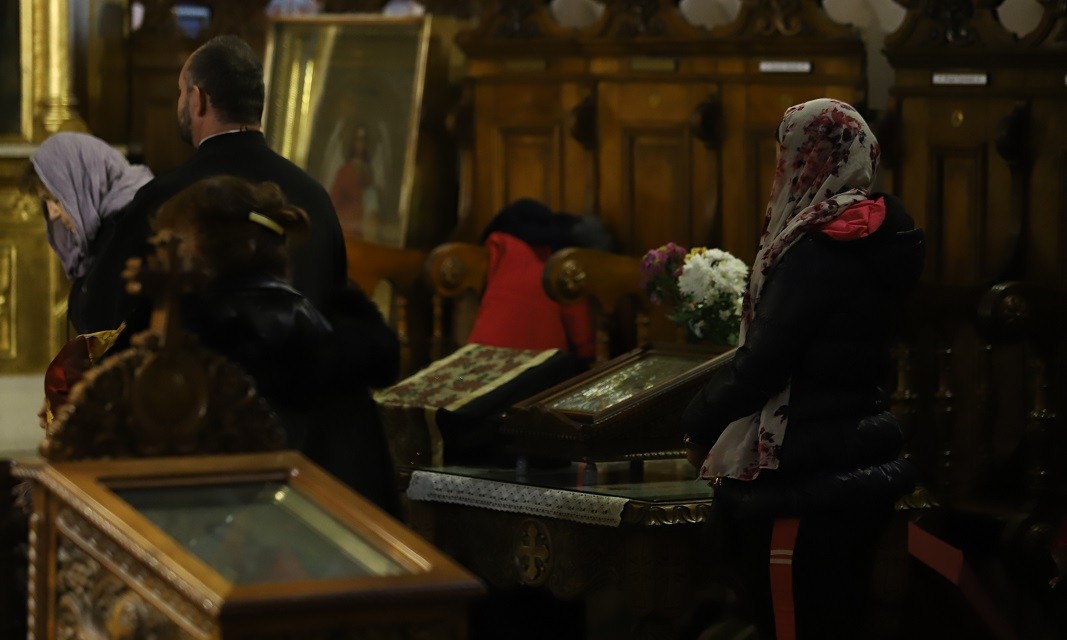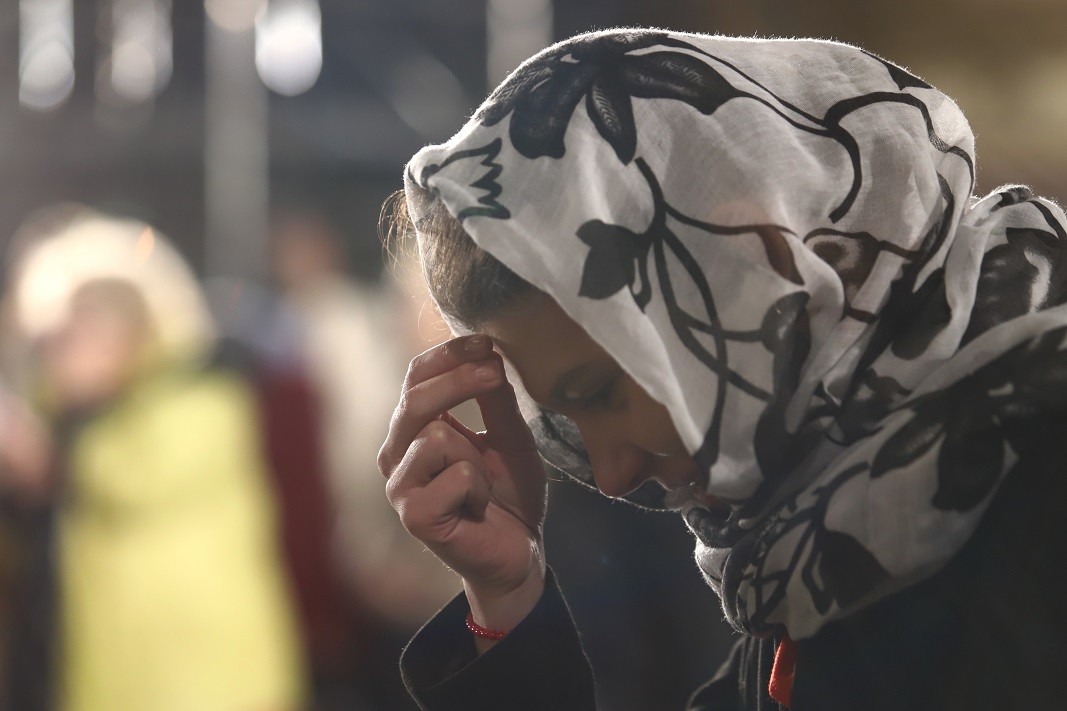Sunday after Mesni Zagovezni or Meat Shrovetide is the last day on which everyone who decides to follow the Great Lent according to the Orthodox calendar can eat dairy products, fish and eggs. Therefore, on Cheesefare Sunday before proceeding to the actual deprivation of food of animal origin, believers free themselves from lingering insults, give forgiveness to all those who have hurt them with actions or harsh words and ask for forgiveness. In the churches, Christians greet each other with the words "forgiven" - "forgive" and thus they enter the Great Lent with clear conscience.
During the days of the lent, spiritual mentors invite the laity to more frequent prayers, repentance and humility, which bear good fruits, but only if people wholeheartedly forgive others.
Forgiveness, for those truly committed to the Christian virtues, is identified with Christ's infinite love for people.

In Christian love, forgiveness is given even when no apology is asked for, because "love forgives all things." In his message to the Corinthians St. Apostle Paul says that love does not ask for anything in return and forgives because Christian love is selfless.
In everyday life, where material things and selfishness prevail, it is not easy to forgive those who have hurt you quite purposefully. Therefore, priests advise believers to free their souls from the insult and like good Christians, forgive and ask for forgiveness, even only in their thoughts.

According to the Bible, the granting of forgiveness by God is accompanied by the rebirth and transformation of the human soul. The Church recalls the expulsion of Adam and Eve from Heaven and their deprivation of divine food, to show how harmful to salvation and spiritual life gluttony, disobedience and disrespect for God are. However, the Creator shows his love by sending his only Son to atone for what they have done without Him having guilt. With his sufferings on the cross, Jesus Christ set an example by forgiving his tormentors and murderers while experiencing inhuman pain and suffering. There are also many examples in the life stories of saints and martyrs for Christ's faith who pray for those who torment them. Therefore, Christianity is considered to be a religion of forgiveness.
Photos: BGNES
Today we mark the 105th anniversary of the birth of academician Valeri Petrov - poet, novelist, screenwriter, playwright and translator. Born in Sofia on 22 April 1920 under the name of Valeri Nissim Mevorakh, he graduated in medicine from Sofia..
Today, the entire Christian world celebrates the Bright Resurrection of Christ. For Orthodox peoples, this is the most radiant and joyful day - the Feast of Feasts - which proclaims the victory of life over death. In Bulgaria, we call it Velikden (“Great..
With a scent of spring and anticipation of the great Resurrection of Christ, Palm Sunday is among the most beloved holidays in Bulgaria. From early morning, people fill the churches and share their joy through prayer at the festive..

+359 2 9336 661
